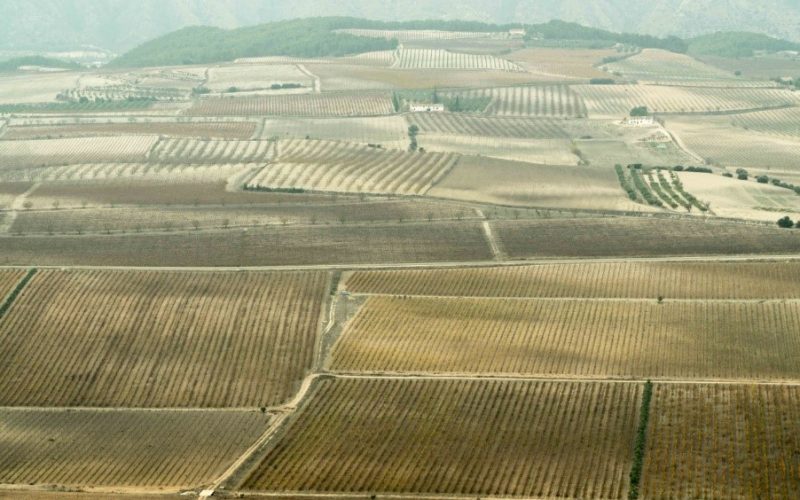When we talk about wine, people often overlook that the contents of their glass originate from the land. Whether we are holding a bottle worth hundreds or even thousands of euros, sitting in a luxurious restaurant, a grand mansion, or simply at home, we must always remember one fundamental truth: all wine begins with agriculture.
Thanks to the dedication of those who work the land year-round, the fruit of the vine—crushed and fermented—eventually ends up in the bottle we savor. This is the true beginning of every wine. The glamour of a fine bottle will always contrast with the bitter reality of the vintner’s sweat, toiling under harsh weather conditions and the unforgiving nature of the fields so that we may enjoy wine in an elegant glass anywhere in the world.
The marketing strategies of wineries, especially those behind prestigious brands, often obscure this reality, making us forget the humble origins of wine. Moreover, the elaborate rituals and connotations surrounding wine culture today overshadow its historical role: for centuries, it was simply another staple at the dining table, a common part of everyday meals.
One of the earliest forms of recognition for viticulture came from monastic communities, as monasteries played a crucial role in the development and expansion of winemaking across Europe. Producing wine was not only a key part of their economy but also a staple of their daily sustenance. The meticulous work of monks in the vineyards greatly contributed to shaping the wine we know today.
Beyond the monastic legacy, generations of anonymous laborers have worked the land with no greater ambition than providing for their families. Farmers cultivated vines without ever imagining that their humble harvests would one day be considered prestigious, sought-after, or expensive. Many sold their grapes to larger wineries or cooperatives, and surprisingly, this way of life still endures in many regions.
Thus, let this article serve as a tribute to all those who, throughout history, have dedicated their lives to working the land and making wine—allowing society to enjoy this precious liquid, a perfect blend of nourishment, pleasure, history, and tradition.
